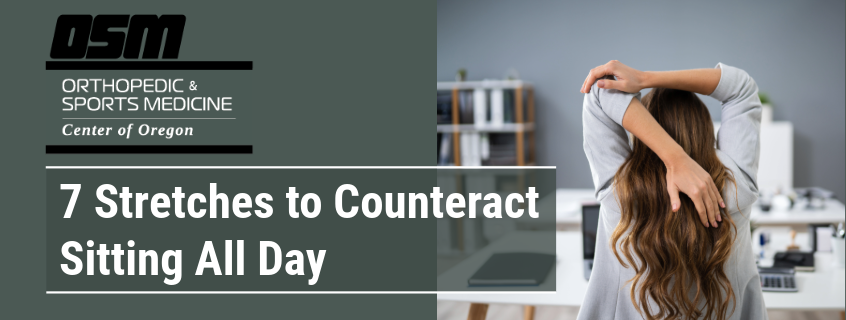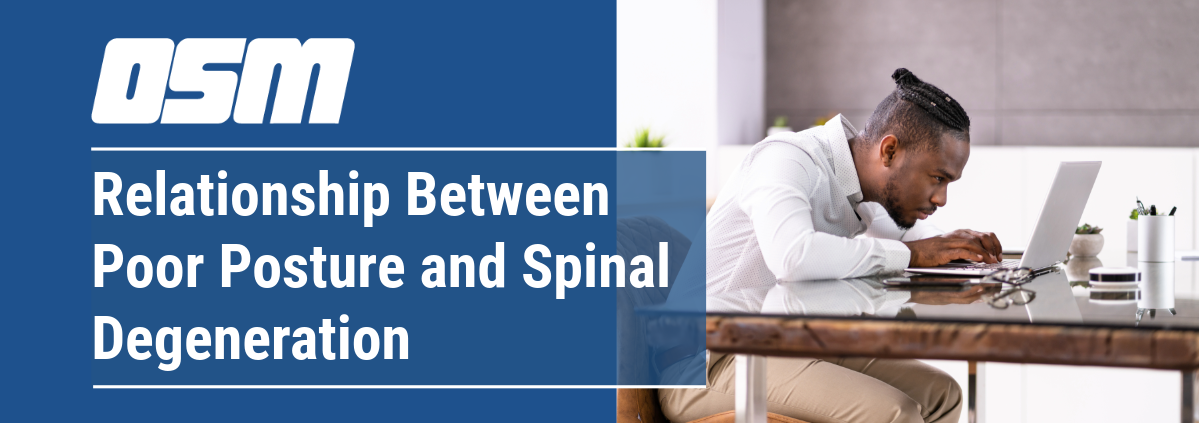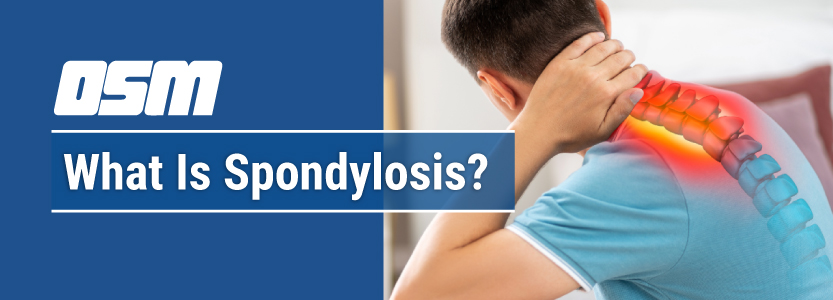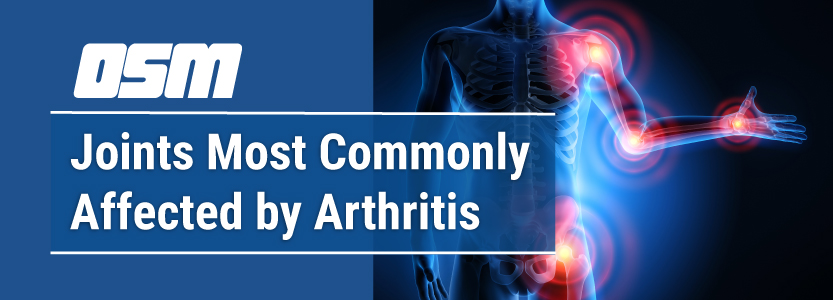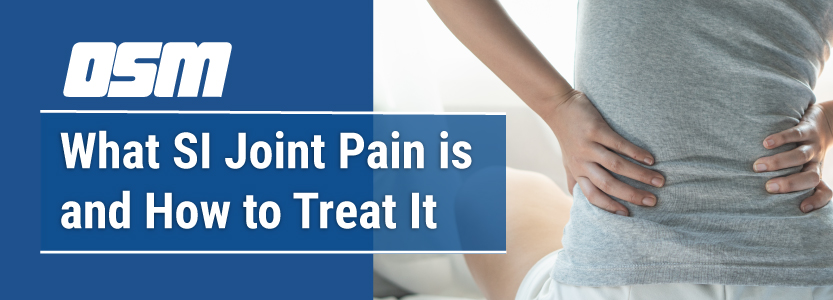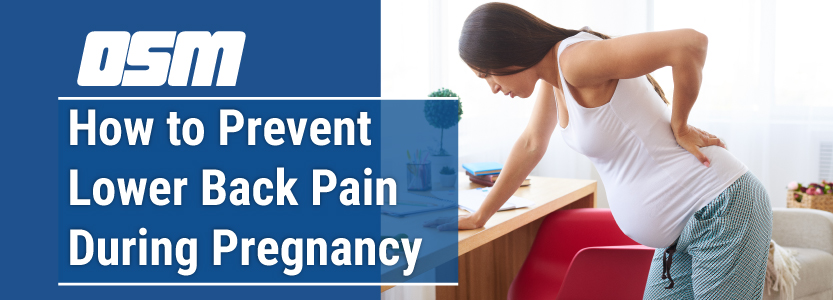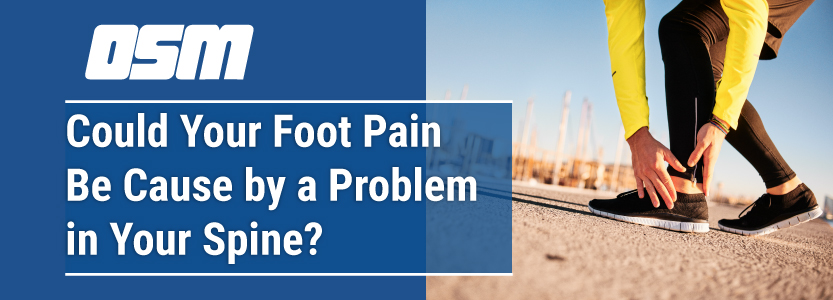7 Stretches to Counteract Sitting All Day
Article featured on Optimal Sports Physical Therapy
Simple stretching exercises to do while sitting at your desk
Pause for a moment and notice how you are sitting. Yes, you! Humor us for a moment. How are you sitting right now? Have you slid way down in your chair? Or, have you slumped forward toward your computer screen? What about your feet? Do you have one foot tucked under you or your legs crossed?
If you said yes to any of these positions, you aren’t alone! Poor posture after sitting at your desk for even a short time is common for many people.
With a growing rate of sedentary jobs, many Americans are finding themselves spending eight or more hours without regular physical activity. Long periods of time without regular activity can be very hard on the body. Research is indicating that those who sit for long stretches have an increased risk of cardiovascular disease and shortened life expectancies.
Breaking up your sedentary periods can help to lower your cardiovascular risk and improve your life expectancy. Incorporating simple stretching exercises at your desk can help to get your blood pumping and improve your posture.
Don’t worry, we aren’t suggesting you roll out your yoga mat in your cubicle. You can do these seven, easy to do, stretches while sitting in your chair. Learn more about other helpful ways to get and stay active during your workday.
Stretching Exercises While Sitting at your Desk
If you’re like most people who sit for long periods of time, your posture has likely slid off course. Don’t worry! Before you begin any stretches take a few moments to adjust your posture. Begin by following these easy tips:
- Slide all the way back in your seat. Your lower back should be supported by the chair’s backrest.
- Rest both feet flat on the floor with your knees directly above your ankles.
- Raise your chair so that your hips are slightly higher than your knees.
- Elbows should be resting comfortably on the chair’s armrest at 90 degrees.
- Computer screen should be at eye height (neither looking down nor up).
Comfortable? Sitting this way may feel strange at first. With a little practice, you’ll find that sitting this way begins to feel more normal.
Now that you have adjusted your posture, you’re ready to try these seven easy stretching activities while sitting at your desk.
Chest and Shoulder Stretch
Stretching out the chest and shoulders may be one of the best stretches if you find yourself slumping forward while you work. This stretch targets the pectoral muscles and helps to open the chest.
How to: Take the arms behind you and interlace the fingers together. Begin to lift the arms up until you feel a stretch across your chest. Hold this stretch for 15 to 30 seconds and release.
Neck Stretch
Many people lean their head forward toward their computers when working at a desk. This puts extra tension on the neck. If you experience frequent headaches or upper back tension, stretching your neck can help.
How to: Reach your right arm down and grip the side of your chair. Tilt your head to the left feeling a gentle stretch down the side of your neck. Hold this stretch for 15 to 30 seconds and then repeat on the other side.
Spinal Twist
Sliding your hips forward in your chair or sitting in a slumped position can put a lot of strain on your back. A spinal twist can help to relieve tension across the entire back and reset your posture.
How to: With your feet flat on the floor, contract your abs and begin to rotate your upper body toward the right. Place your left hand on the outside of your right knee. Place the right hand on either the armrest or seatback to help deepen the stretch. Only twist as far as you feel comfortable. Even a small rotation can make a big difference. Hold this stretch for 15 to 30 seconds and then repeat on the other side.
Back Extension
Your back can take a beating when sitting slumped forward or when reclining backward. A seated back extension can help to ease tension while opening your chest and shoulders.
How to: Scoot back in your chair with your back resting comfortably against the backrest. Place the palms of your hands at the back of your neck. Lean back over your backrest keeping your elbows wide until you feel a gentle stretch across the back and chest. Hold this stretch for 10 to 15 seconds.
Hip Stretch
The lower body can get very tight after sitting for long periods. The hip flexors shorten and tighten and the glutes stretch while sitting. This easy to do stretch targets all areas of the hips and glutes in one stretch.
How to: While seated, cross your right ankle over your left knee. Sitting tall, begin to fold forward at the hips until you feel a stretch across your right glute. You can press down on your right knee to help deepen the stretch. Hold this stretch for 15 to 30 seconds and then repeat on the other side.
Hamstring Stretch
Without regular activity, your hamstrings can tighten quickly. This simple stretch helps to relieve leg discomfort and keep your hamstrings loose.
How to: Extend your right leg forward keeping your left foot flat on the floor. Sitting tall with your head in line with your spine, begin to fold forward reaching for your right toes. If your chair rolls, lock the wheels to avoid rolling backward. Hold this stretch for 15 to 30 seconds and then repeat on the other side.
Wrist Stretch
Resting your wrists flat on your keyboard or typing for long periods of time can cause tightness in your wrists. These two simple wrist stretches will target both the wrist flexor and wis extensor.
How to: Extend your right arm straight out in front of you with your palm up. Flex your wrist pointing your finger tips toward the floor. Using your left hand, pull back on your fingers to deepen the stretch until you feel a stretch up your arm. Hold this stretch for 15 to 30 seconds then repeat on the other side. Repeat this stretch with your palm facing down and flexing the fingers upward.
Tips for staying active while working from home
With the coffee pot only steps from your seat, you may find that you move less when working from home. Incorporating the seven easy seated stretches once an hour is a great start. But, consider some of our other favorite tips to get active and stay active during your day.
Get Moving
Getting moving may look different for everyone. This may mean doing your workout mid-day instead of in the morning. Or try blocking your calendar for a short walk around your house or outside every couple of hours. 15 minutes of light exercise can make a big difference in heart health, posture, fatigue, mood, and brain function.
Change Your View
Having something else to look at while you work can make a world of difference. Try working at your table for an hour instead of your desk. Or, pause and check out what the weather is like on the way to refill your water bottle.
Try a Virtual Walking Club
Do you struggle with accountability? Try setting up a virtual walking club with your teammates. Help hold each other accountable for taking short walking breaks. Set up a weekly competition or accountability partners. Whatever you do, make it fun and motivating.
Stand, Strengthen, Balance
On calls all day? Use that time to get moving. Standing can help to relieve tension from your back and get your blood pumping. Keep a set of weights or bands close to your desk and get in a few bicep curls or squats. Work on balance challenges like tree pose or wall sits to help improve posture and stability. No matter what you choose, we recommend you turn off your video for these activities.
No matter how you move your body during the day, the key is to do something regularly. Incorporating these seven simple stretches while seated at your desk can go a long way in reducing the effects of sitting on the body.
The Orthopedic & Sports Medicine Center of Oregon
The Orthopedic & Sports Medicine Center of Oregon (OSM) is an award-winning, board-certified orthopedic and sports medicine practice serving Lake Oswego, Portland, Scappoose, and surrounding Oregon communities. Our main clinic is located in Lake Oswego, with additional locations in Portland and Scappoose.
OSM provides comprehensive orthopedic care, sports medicine, spine care, joint replacement, foot and ankle surgery, hand and upper extremity care, and fracture treatment. Our physicians treat a wide range of conditions including sports injuries, arthritis, joint pain, spine conditions, ligament and tendon injuries, fractures, and degenerative musculoskeletal disorders using both surgical and nonsurgical approaches.
Our mission is to help patients return to pain-free movement, strength, and function through personalized treatment plans and advanced orthopedic techniques.
OSM Locations
Lake Oswego (Main Clinic)
17355 Lower Boones Ferry Rd, Suite 100A
Lake Oswego, OR 97035
Portland
5050 NE Hoyt St, Suite 668
Portland, OR 97213
Scappoose
51385 SW Old Portland Rd, Suite A
Scappoose, OR 97056
Phone: 503-224-8399
Hours: Mon–Thurs, 8:00am–4:30pm/ Friday 8:00am–1:00pm
If you are looking for experienced orthopedic surgeons, sports medicine specialists, spine doctors, or foot and ankle experts in Lake Oswego, Portland, or Scappoose, contact The Orthopedic & Sports Medicine Center of Oregon today.

